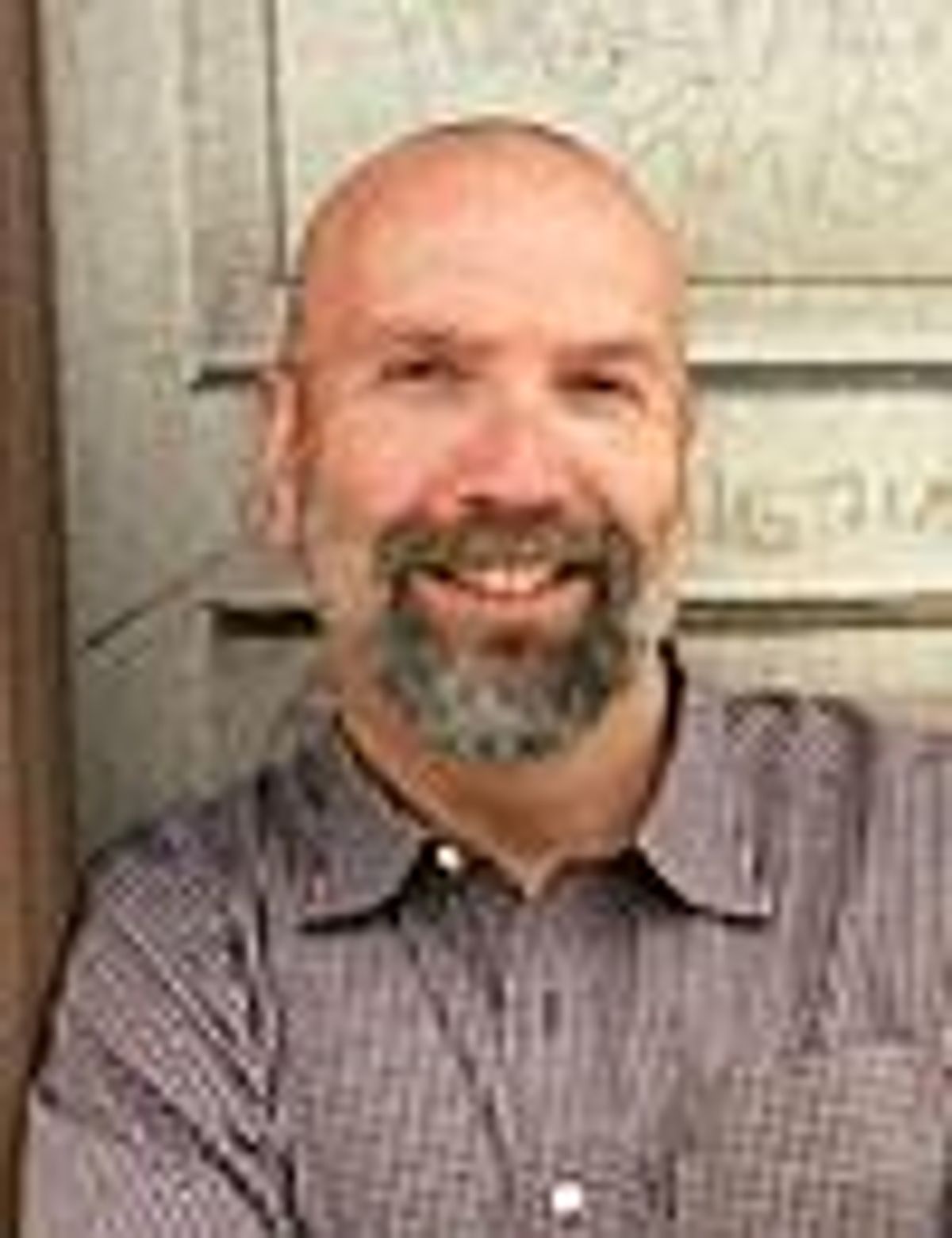Eric Rofes,
activist, educator and author of influential books on AIDS
and gay culture Dry Bones Breathe and Reviving the
Tribe, died Monday in Provincetown, Mass., where
he was working on a writing project. He was 51.
Friends said the
cause of death was an apparent heart attack; an autopsy
is pending. Rofes lived in Arcata, Calif., and San
Francisco. He is survived by his longtime partner,
Crispin Hollings.
An educator by
profession, Rofes was a sixth-grade teacher in the 1970s,
before becoming editor of the Gay Community News in
Boston, the only LGBT newsweekly at the time. He
served as director of the Los Angeles Gay and Lesbian
Center in the 1980s, then became executive director of
the Shanti Project, San Francisco's pioneering
housing organization for people with HIV/AIDS.
After receiving
his Ph.D. in social and cultural studies from the
University of California, Berkeley's Graduate School
of Education, Rofes became an associate professor of
education at Humboldt State University in Arcata,
where he served until his death. In the summer of 1999, he
convened the Boulder Gay Men's Health Summit, the
first gathering of its kind.
Of Rofes's
12 books, the two best-known were provocative looks at gay
male culture in the face of the ongoing HIV/AIDS epidemic.
Reviving the Tribe focused on the
post-traumatic stress of gay men who suffered
catastrophic losses from AIDS and the necessity of
remembering and mourning those who died. Dry Bones
Breathe: Gay Men Creating Post-AIDS Identities and
Subcultures stated that, for most gay men in the
United States, AIDS was no longer an emergency and that a
"crisis mentality" was no longer useful.
The books were hailed by critics for their
sociopolitical analysis mixed with intensely personal
ruminations on sex, loss, and community.
In his writing,
Rofes decried a cultural amnesia about the lessons of gay
liberation amid the panic of HIV, and he railed against
those who suggested gay men should just "grow
up" and reject public sexual culture.
"I believe
that any hope for collective survival is rooted in the
realities of our lives, however harsh and seemingly
unacceptable," Rofes wrote in Reviving the
Tribe. "Our inability to continue
confronting the ever-intensifying manifestations of AIDS has
brought us to the point of paralysis."
Writing for PlanetOut last year, he predicted a
possible backlash against condoms after years of
HIV-prevention messages.
"Today I
wonder what nearly 25 years of negative messaging has done
to the ability of gay men to enjoy their bodies and
erotic lives and maintain sexual health and a sense of
balance," he wrote. "Gay men need time
out, time on our own, in order to heal, to discover and to
return to a place where our sex and desires and bodies
are things of joy, excitement, pleasure and intense
spiritual connection."
Sexual politics
was just one of Rofes's passions, said Richard Burns,
executive director of the New York Lesbian, Gay, Bisexual,
and Transgender Center. Burns said Rofes will be
remembered for his commitment to building a gay
men's health movement and for being an activist
when activism was dangerous.
"I met
Eric in 1977 when we worked at the Gay Community
News, and I think that time was formative for him,
because from that time he always thought of himself as
an activist, whether he was writing or teaching, even
at a time when school teachers wore bags over their heads in
gay parades," Burns said. "In fact, he
lost a job as a public-school teacher because he was
an out gay man."
Burns said Rofes
was never deterred by his critics. "He was a critical
thinker and someone who didn't feel it was necessary
to go with the flow in his analysis. He believed we
needed to build a healthy community and respect adult
sexual decisions and not pathologize or infantilize gay
men's sexual lives. In the face of HIV/AIDS that was
not always a popular view."
A memorial
service will be held Wednesday at McHoul Funeral Home in
Provincetown, and a community memorial service will be held
July 15 at the Metropolitan Community Church in San
Francisco.


















































































